What can we learn from historical and contemporary cases about building organizations that engage, mobilize and manage to wield influence on the political process? What kinds of infrastructural choices best support engagement and success in the long run? Our panelists will explore the varied and changing terrain of collective action to reflect on the nature, promises and pitfalls of associational power in the 21st century. This event is co-sponsored by the Center on Democracy and Organizing.
Panelists
Arisha Hatch is the vice president and chief of campaigns at Color Of Change, leading campaigns on civic engagement, voting rights, criminal justice, and corporate and media accountability. Arisha is a leader and innovator in the racial justice movement. She organized Black People’s Brunches, which brought together more than 12,500 civic-minded Black people in 2018 to discuss a host of social justice issues and helped to set the organization’s agenda for 2019 and beyond. Since joining Color Of Change in 2012, she has ushered in groundbreaking victories for Black communities. She championed getting payment processors like Mastercard and PayPal to ban the use of their platforms by white supremacists, persuaded Saturday Night Live to add two Black women to its cast and writer’s room mid-season and successfully led efforts to remove Donald Trump from Facebook and Twitter and R. Kelly from RCA. Before coming to Color Of Change, Arisha worked as a lawyer and organizer for Barack Obama’s 2008 presidential campaign. She later served as the national organizing director of the Courage Campaign, where she helped lead groundwork for progressive change in California. In 2020, Arisha was named one of Essence Magazine’s Woke 100 and The Root’s 100 Most Influential African Americans. Her editorial writing has been published by Essence, The Root, The Grio and TechCrunch, and she is a regular commentator on political and social justice topics for major news outlets. Arisha was born in Texas and raised in Southern California. She has degrees in economics, creative writing and feminist studies from Stanford University, and she received her doctorate in law from Santa Clara University in California.
Liz McKenna is a postdoctoral scholar at the SNF Agora Institute and P3 Lab at Johns Hopkins University. She received her Ph.D. in sociology from the University of California, Berkeley in 2020. Liz studies left and right-wing social movements in the United States and Brazil, using multiple methods to examine when civil society organizations safeguard against authoritarianism, and when they become the primary carriers of it. She is the co-author of Groundbreakers: How Obama’s 2.2. Million Volunteers Transformed Campaigning in America (Oxford University Press, with Hahrie Han) and Prisms of the People: Power and Organizing in 21st Century America (University of Chicago Press, with Hahrie Han and Michelle Oyakawa). Liz received the 2021 American Sociological Association Best Dissertation Award for her dissertation on politics and organizing in contemporary Brazil. Prior to graduate school, she worked as a political and community organizer in Ohio and Rio de Janeiro, Brazil.
Hahrie Han is the Inaugural Director of the SNF Agora Institute, the Stavros Niarchos Foundation Professor of Political Science, and Faculty Director of the P3 Research Lab at Johns Hopkins University. She specializes in the study of organizing, movements, civic engagement, and democracy. In 2022, she was named a Social Innovation Thought Leader of the Year by the World Economic Forum’s Schwab Foundation. Her latest book was published by the University of Chicago Press in July 2021, entitled Prisms of the People: Power and Organizing in 21st Century America. She has previously published three books: How Organizations Develop Activists; Groundbreakers: How Obama’s 2.2 Million Volunteers Transformed Campaigning in America; and, Moved to Action. Her award-winning work has been published in the American Political Science Review, American Sociological Review, American Journal of Sociology, Journal of the American Medical Association (JAMA), and numerous other outlets, including the New York Times, Washington Post, and elsewhere. She is currently working on a fifth book, to be published with Knopf (an imprint of Penguin Random House), about faith and race in America, with a particular focus on evangelical megachurches.
Michelle Oyakawa is an assistant professor of sociology at Muskingum University in Ohio. She studies the intersection of race, religion, and social movements through her research on leaders and organizations. She received her PhD in sociology from The Ohio State University in 2017. Her work has been published in academic journals, including Qualitative Sociology, Sociology of Religion, and the Journal of Community Psychology, and she is coauthor of two books about mobilization: Prisms of the People: Power and Organizing in 21st Century America (with Hahrie Han and Liz McKenna; University of Chicago Press, 2021) and Smart Suits, Tattered Boots: Black Ministers and Mobilization in the 21st Century (with Korie Edwards; New York University Press, forthcoming).
Margaret Levi is the Sara Miller McCune Director of the Center for Advanced Study in the Behavioral Sciences (CASBS), Professor of Political Science, and Senior Fellow of the Woods Institute, Stanford University. Levi is the author or coauthor of numerous articles and six books, including Of Rule and Revenue (University of California Press, 1988); Consent, Dissent, and Patriotism (Cambridge University Press, 1997); Analytic Narratives (Princeton University Press, 1998); and Cooperation Without Trust? (Russell Sage, 2005). One of her most recent books, In the Interest of Others (Princeton, 2013), co-authored with John Ahlquist, explores how organizations provoke member willingness to act beyond material interest. In other work, she investigates the conditions under which people come to believe their governments are legitimate and the consequences of those beliefs for compliance, consent, and the rule of law. Her research continues to focus on how to improve the quality of government and how to generate a better political economic framework. She is also committed to understanding and improving supply chains so that the goods we consume are produced in a manner that sustains both the workers and the environment.
Marshall Ganz: As Rita E. Hauser Senior Lecturer in Leadership, Organizing and Civil Society at the Kennedy School of Government, Marshall Ganz teaches, researches, and writes on leadership, narrative, strategy and organization in social movements, civic associations, and politics. He grew up in Bakersfield, California where his father was a Rabbi and his mother, a teacher. He entered Harvard College in the fall of 1960. He left a year before graduating to volunteer with the 1964 Mississippi Summer Project. He found a “calling” as an organizer for the Student Nonviolent Coordinating Committee, and, in the fall of 1965 joined Cesar Chavez in his effort to unionize California farm workers. During 16 years with the United Farm Workers he gained experience in union, political, and community organizing; became Director of Organizing; and was elected to the national executive board on which he served for 8 years. During the 1980s he worked with grassroots groups to develop new organizing programs and designed innovative voter mobilization strategies for local, state, and national electoral campaigns. In 1991, in order to deepen his intellectual understanding of his work, he returned to Harvard College and after a 28-year “leave of absence” completed his undergraduate degree in history and government. He was awarded an MPA by the Kennedy School in 1993 and completed his PhD in sociology in 2000. He has published in the American Journal of Sociology, American Political Science Review, American Prospect, Washington Post, Los Angeles Times, Stanford Social Innovation Review and elsewhere. His newest book, Why David Sometimes Wins: Leadership, Organization and Strategy in the California Farm Worker Movement was published in 2009, earning the Michael J. Harrington Book Award of the American Political Science Association. In 2007-8 he was instrumental in design of the grassroots organization for the 2008 Obama for President campaign. In 2010 he was awarded an honorary doctorate in divinity by the Episcopal Divinity School. In association with the global Leading Change Network of organizers, researchers and educators he coaches, trains, and advises social, civic, educational, health care, and political groups on organizing, training, and leadership development around the world.
Lisa García Bedolla (moderator) is Vice Provost for Graduate Studies and Dean of the Graduate Division and a Professor in the Graduate School of Education at UC Berkeley. She uses the tools of social science to reveal the causes of political and educational inequalities in the United States. She has published six books and dozens of research articles, earning five national book awards and numerous other awards. She has consulted for presidential campaigns and statewide ballot efforts and has partnered with over a dozen community organizations working to empower low-income communities of color. Through those partnerships, she has developed a set of best practices for engaging and mobilizing voters in these communities, becoming one of the nation’s foremost experts on political engagement within communities of color.
View Map
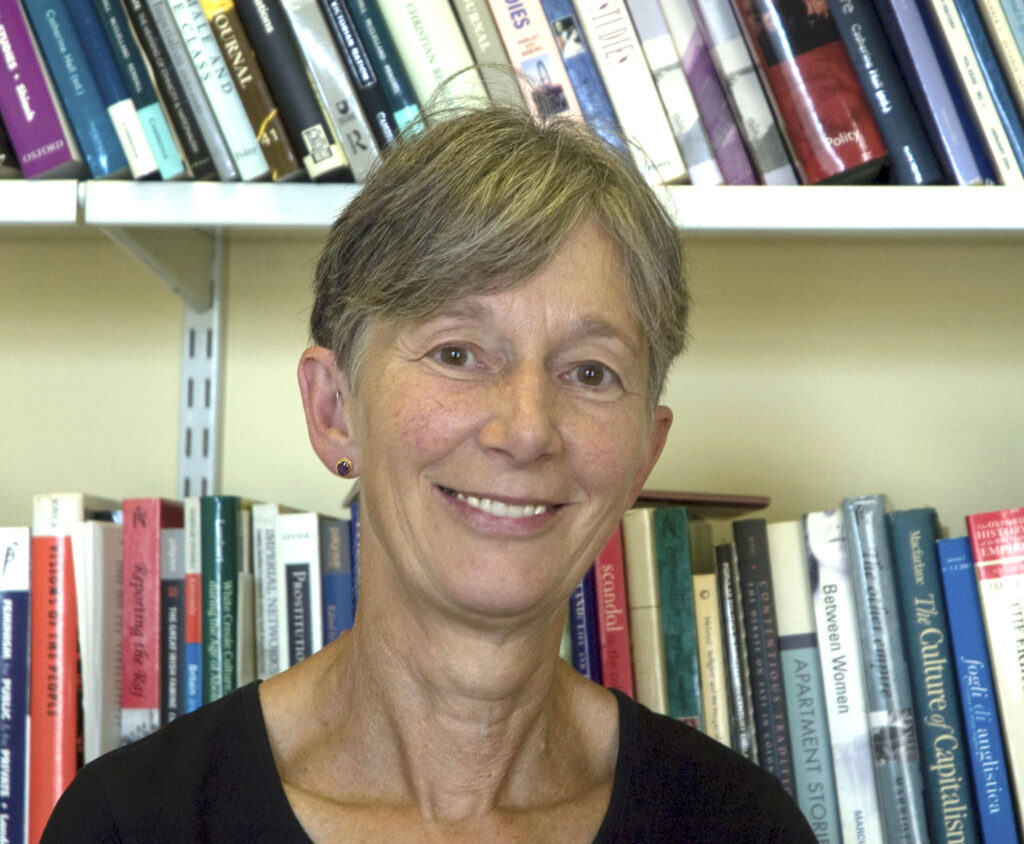





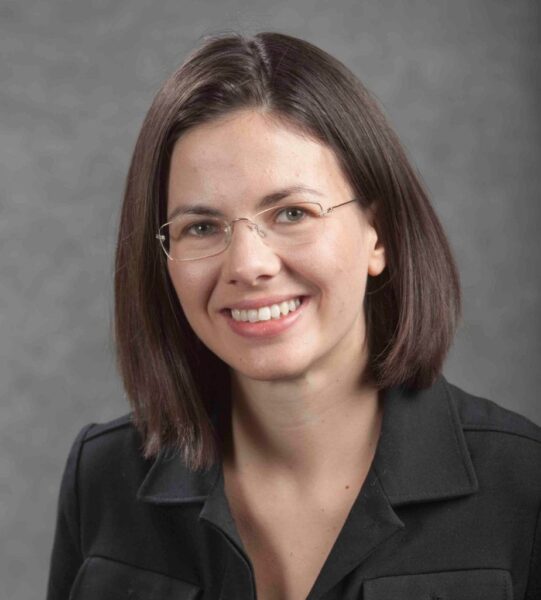
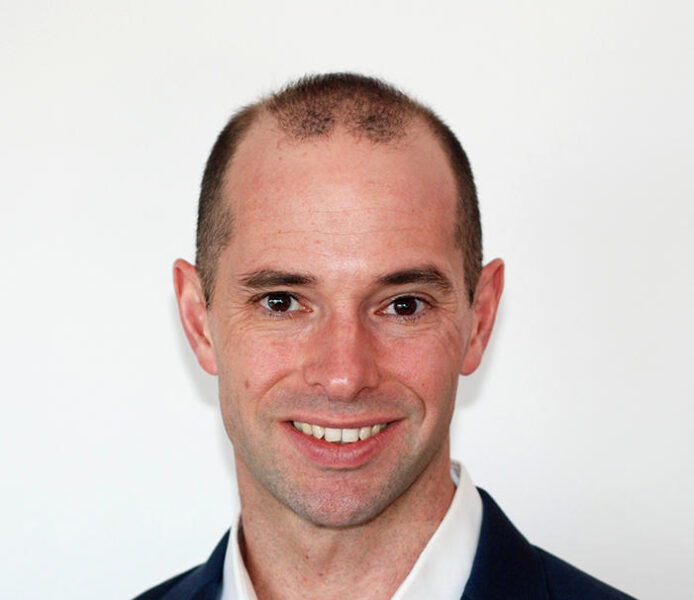 Daniel J. Sargent
Daniel J. Sargent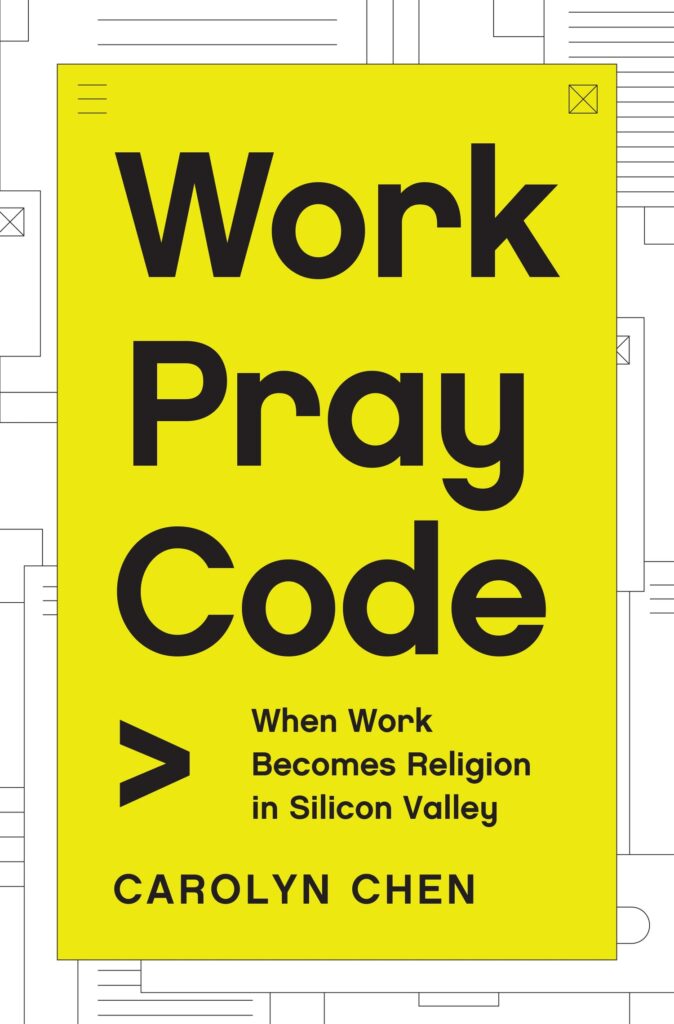
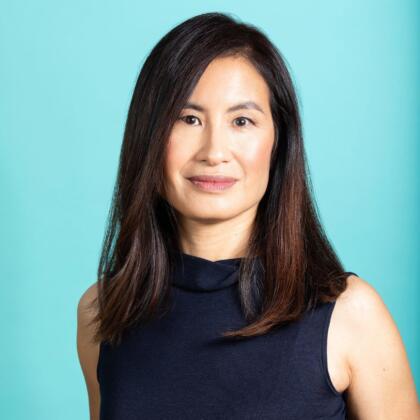 Carolyn Chen
Carolyn Chen 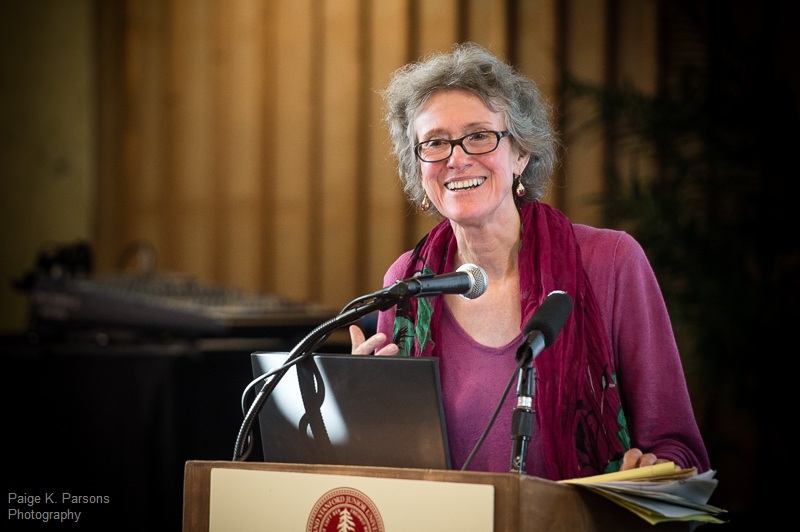
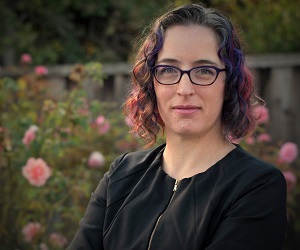 Morgan Ames
Morgan Ames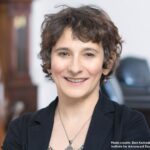 Marion Fourcade
Marion Fourcade
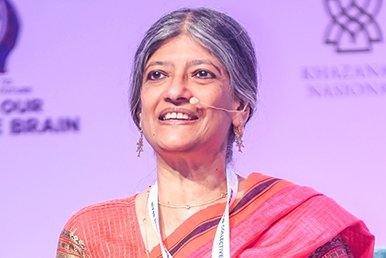
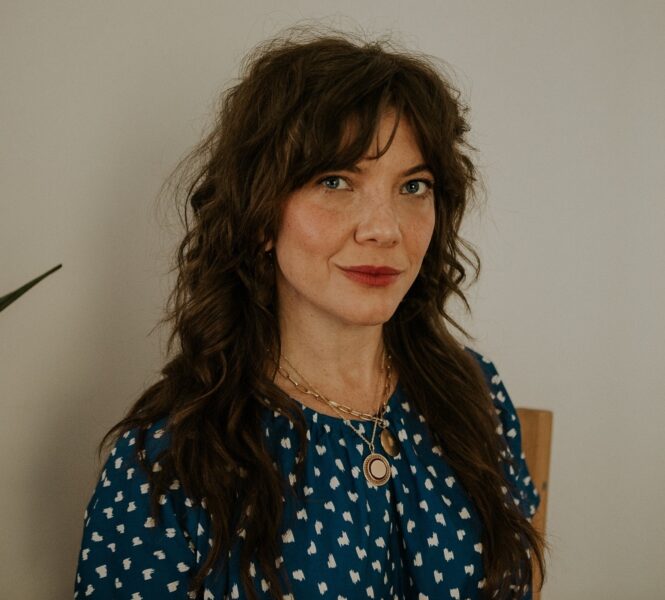 Lana Swartz
Lana Swartz 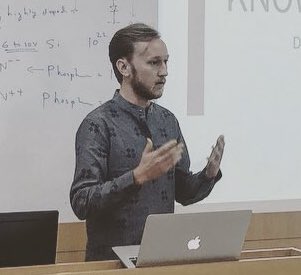 Kevin P. Donovan
Kevin P. Donovan
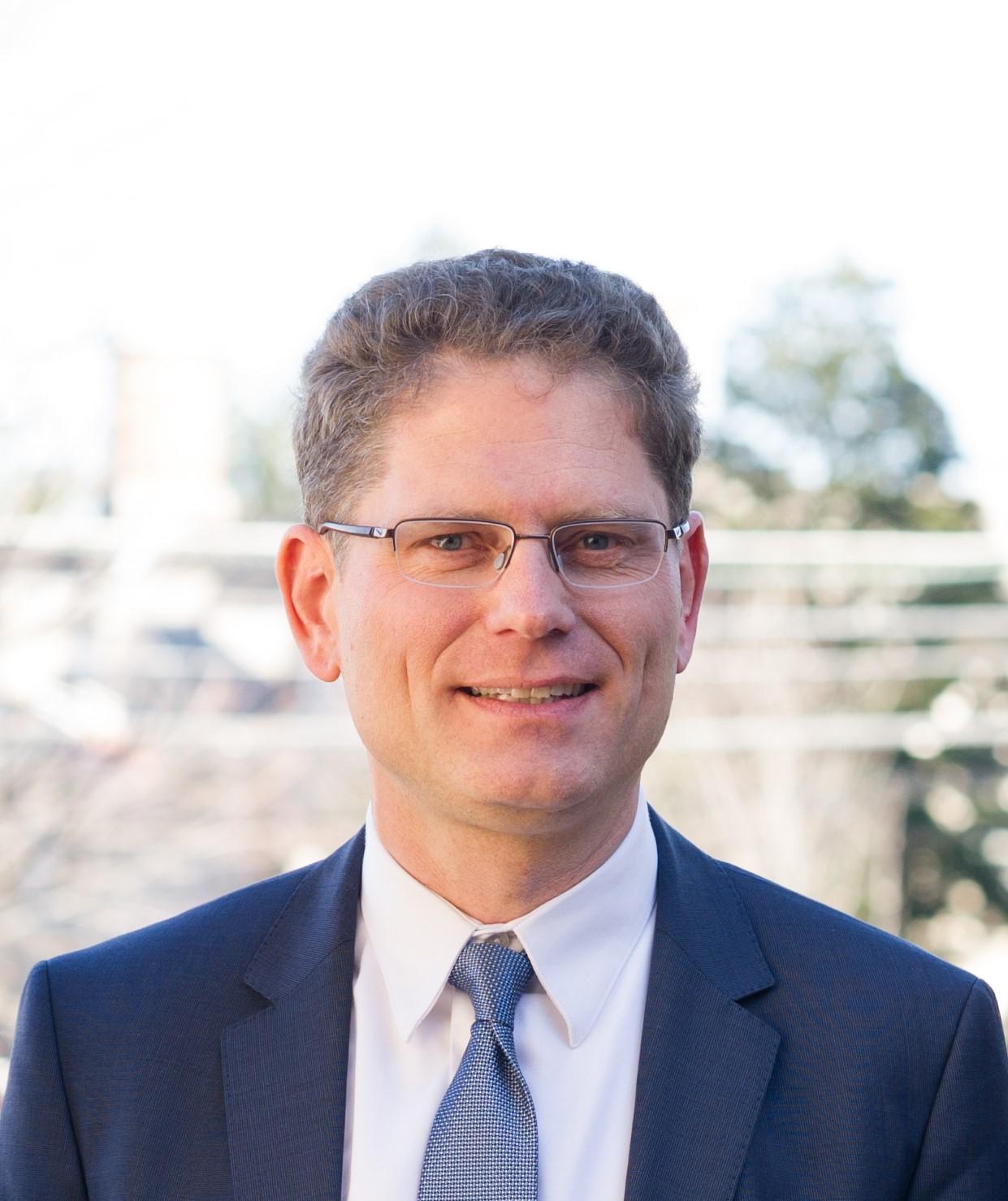
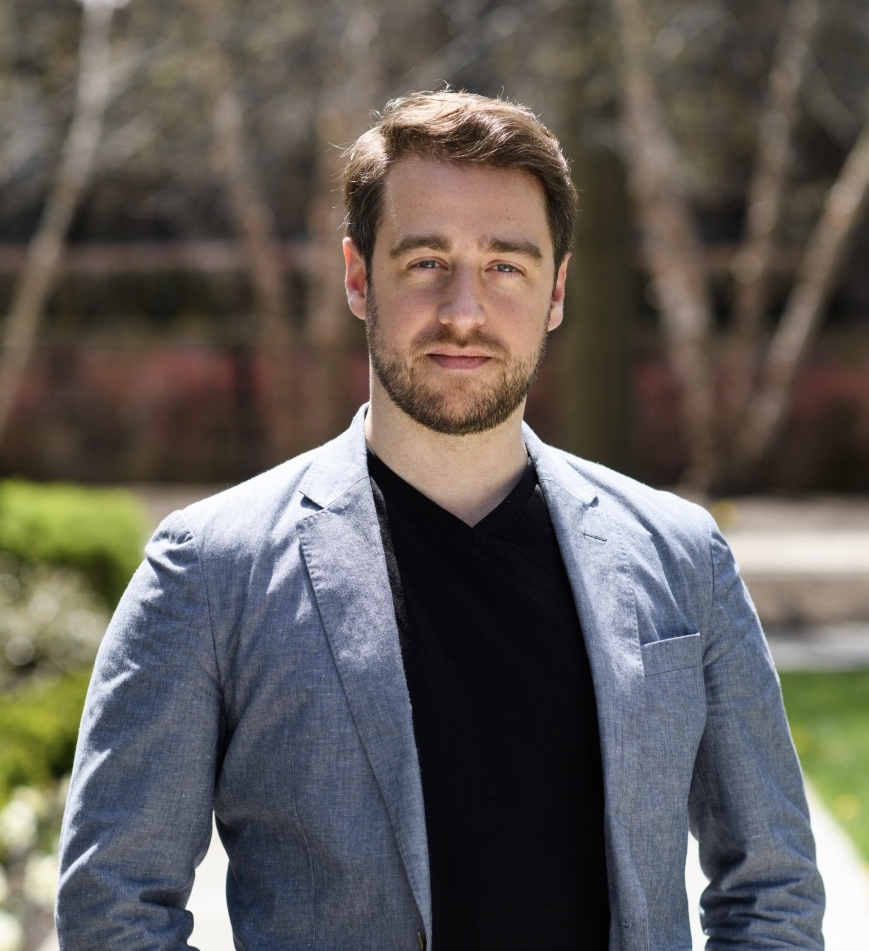
 Christine Parlour
Christine Parlour Barry Eichengreen
Barry Eichengreen 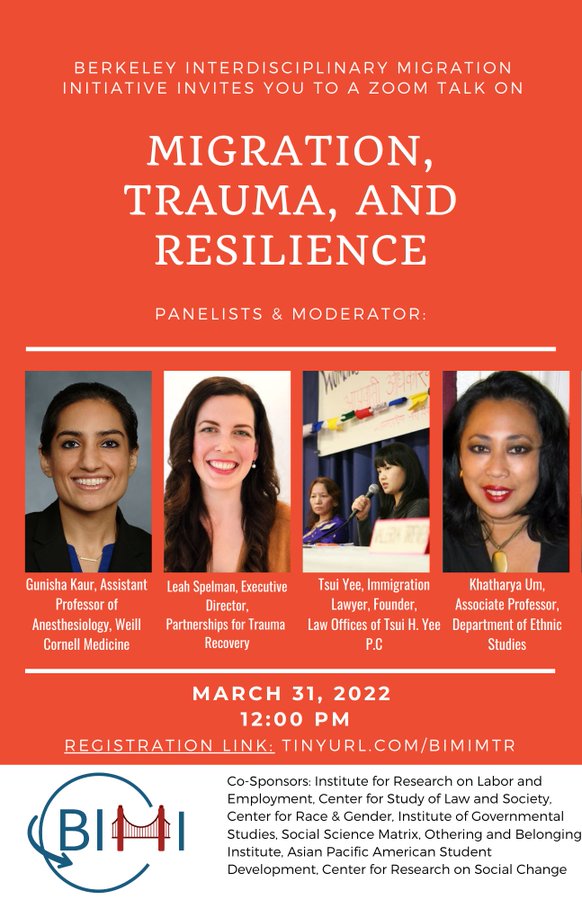
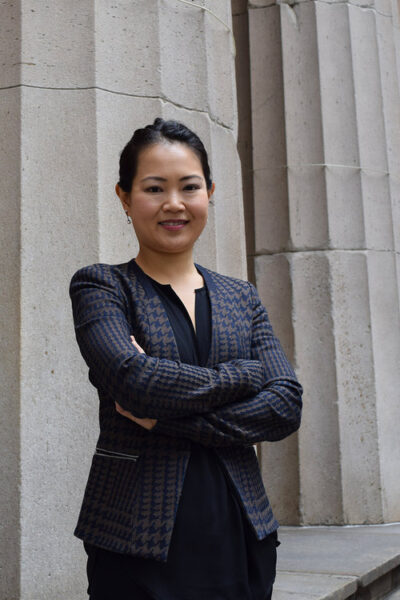 Tsui Yee: Tsui H. Yee is the founder of Law Offices of Tsui H. Yee P.C., and has been practicing immigration law since 1999. She represents clients in family- and employment-based petitions and applications; removal (deportation) defense; asylum; and other immigration matters. Ms. Yee graduated from the University of California at Los Angeles School of Law and received her Bachelor of Arts degree in Political Science from Tufts University. She is admitted to practice law in the State of New York; the Second Circuit Court of Appeals; and the U.S. District Courts for the Southern and Eastern Districts of New York. Since 2016, Tsui has been selected to New York Metro Super Lawyers in the field of immigration law. She is a member of the New York City Bar Association, the American Immigration Lawyers Association, the Federal Bar Association, the Asian American Bar Association of New York, and the New York Inn of Court.
Tsui Yee: Tsui H. Yee is the founder of Law Offices of Tsui H. Yee P.C., and has been practicing immigration law since 1999. She represents clients in family- and employment-based petitions and applications; removal (deportation) defense; asylum; and other immigration matters. Ms. Yee graduated from the University of California at Los Angeles School of Law and received her Bachelor of Arts degree in Political Science from Tufts University. She is admitted to practice law in the State of New York; the Second Circuit Court of Appeals; and the U.S. District Courts for the Southern and Eastern Districts of New York. Since 2016, Tsui has been selected to New York Metro Super Lawyers in the field of immigration law. She is a member of the New York City Bar Association, the American Immigration Lawyers Association, the Federal Bar Association, the Asian American Bar Association of New York, and the New York Inn of Court.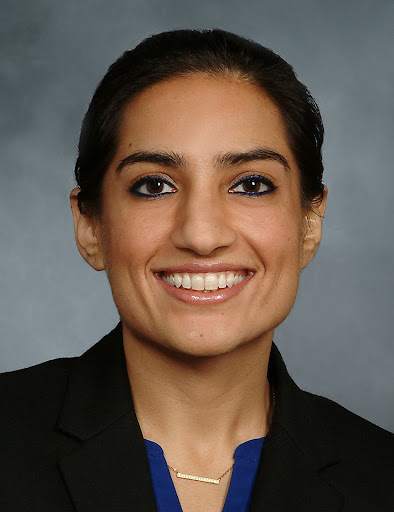 Gunisha Kaur: Gunisha Kaur is an Assistant Professor of Anesthesiology, the Founding Director of the Human Rights Impact Lab, and Co-Medical Director of the Weill Cornell Center for Human Rights. Dr. Kaur has dedicated her career as a physician-scientist to advancing the health of forcibly displaced individuals such as refugees and asylum seekers. She has used her extensive background in neuroscience research as an analytical framework to pioneer the study of human rights through scientific methodology. Her research has been supported by several funders including the National Institutes of Health, the Foundation for Anesthesia Education and Research, and Cornell University. Dr. Kaur’s academic writing on forcibly displaced populations has been published by the highest impact medical journals including The New England Journal of Medicine and The Lancet. She has translated her medical and scientific expertise in mainstream outlets including Time, CNN, and NBC News. She earned her B.S. from Cornell University in 2006, graduated from Weill Cornell Medical College in 2010, and completed her Anesthesiology Residency training at Weill Cornell Medical College/New York Presbyterian Hospital in 2014. She earned a Master’s Degree in Medical Anthropology from Harvard University in 2015.
Gunisha Kaur: Gunisha Kaur is an Assistant Professor of Anesthesiology, the Founding Director of the Human Rights Impact Lab, and Co-Medical Director of the Weill Cornell Center for Human Rights. Dr. Kaur has dedicated her career as a physician-scientist to advancing the health of forcibly displaced individuals such as refugees and asylum seekers. She has used her extensive background in neuroscience research as an analytical framework to pioneer the study of human rights through scientific methodology. Her research has been supported by several funders including the National Institutes of Health, the Foundation for Anesthesia Education and Research, and Cornell University. Dr. Kaur’s academic writing on forcibly displaced populations has been published by the highest impact medical journals including The New England Journal of Medicine and The Lancet. She has translated her medical and scientific expertise in mainstream outlets including Time, CNN, and NBC News. She earned her B.S. from Cornell University in 2006, graduated from Weill Cornell Medical College in 2010, and completed her Anesthesiology Residency training at Weill Cornell Medical College/New York Presbyterian Hospital in 2014. She earned a Master’s Degree in Medical Anthropology from Harvard University in 2015.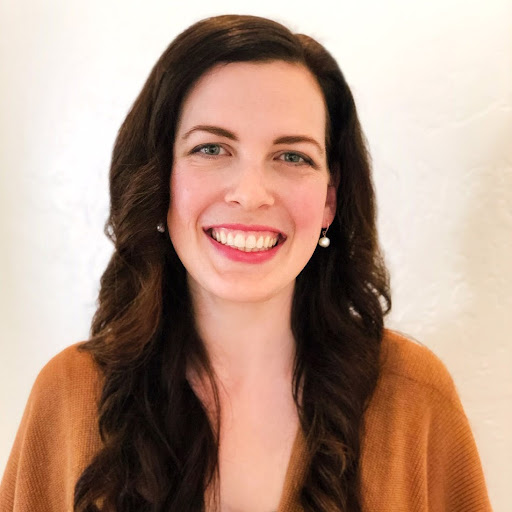 Leah Spelman: Leah Spelman serves as the Executive Director of Partnerships for Trauma Recovery (PTR), a Berkeley-based nonprofit providing mental health care and case management services to refugees, asylum seekers, and other international survivors of human rights abuses. Prior to joining PTR, Ms. Spelman was the Chief Operating Officer for Days for Girls International, a Seattle-based nonprofit focused on women’s health. Prior to Days for Girls, Ms. Spelman lived in Jordan, conducting research under a Fulbright Grant when Syrian refugees first began entering the country in large waves. Ms. Spelman has an MPH in Global Health from the University of Washington, with a focus on global mental health and culturally-aware approaches to trauma care. She holds a BA in International Affairs with a concentration in Middle East Studies from George Washington University, and speaks Arabic, Spanish, and French.
Leah Spelman: Leah Spelman serves as the Executive Director of Partnerships for Trauma Recovery (PTR), a Berkeley-based nonprofit providing mental health care and case management services to refugees, asylum seekers, and other international survivors of human rights abuses. Prior to joining PTR, Ms. Spelman was the Chief Operating Officer for Days for Girls International, a Seattle-based nonprofit focused on women’s health. Prior to Days for Girls, Ms. Spelman lived in Jordan, conducting research under a Fulbright Grant when Syrian refugees first began entering the country in large waves. Ms. Spelman has an MPH in Global Health from the University of Washington, with a focus on global mental health and culturally-aware approaches to trauma care. She holds a BA in International Affairs with a concentration in Middle East Studies from George Washington University, and speaks Arabic, Spanish, and French. Khatharya Um (moderator): Professor Khatharya Um is Associate Professor of Asian American and Asian Diaspora Studies in the Department of Ethnic Studies, and Associate Dean for Diversity, Equity and Inclusion at the University of California, Berkeley. Professor Um has received numerous awards for her community leadership and service, including congressional recognitions from Congresswoman Barbara Lee and Congresswoman Anna Eshoo. She is the first Cambodian American woman to receive a Ph.D.
Khatharya Um (moderator): Professor Khatharya Um is Associate Professor of Asian American and Asian Diaspora Studies in the Department of Ethnic Studies, and Associate Dean for Diversity, Equity and Inclusion at the University of California, Berkeley. Professor Um has received numerous awards for her community leadership and service, including congressional recognitions from Congresswoman Barbara Lee and Congresswoman Anna Eshoo. She is the first Cambodian American woman to receive a Ph.D.


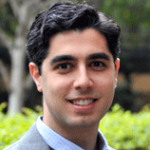
 Bruce Riordan
Bruce Riordan
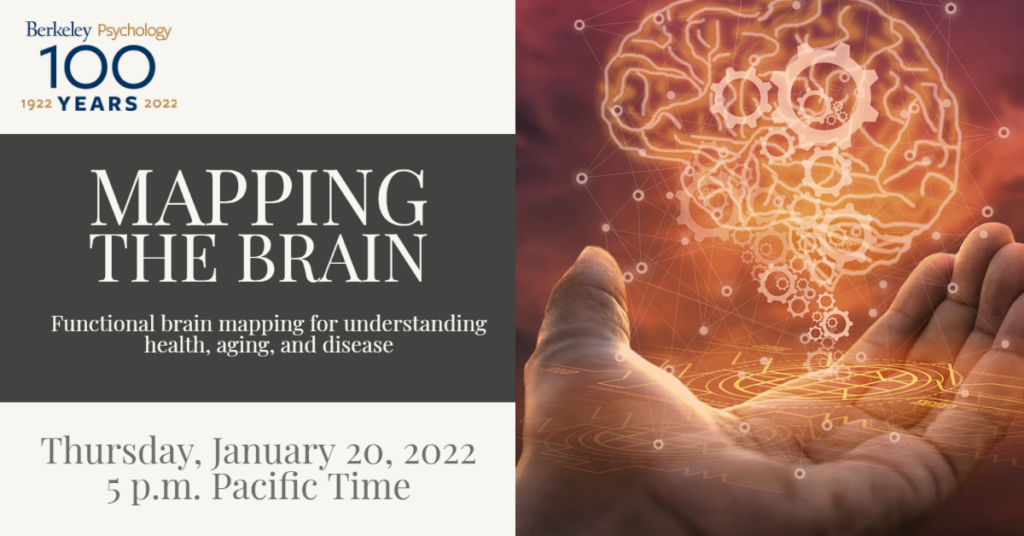
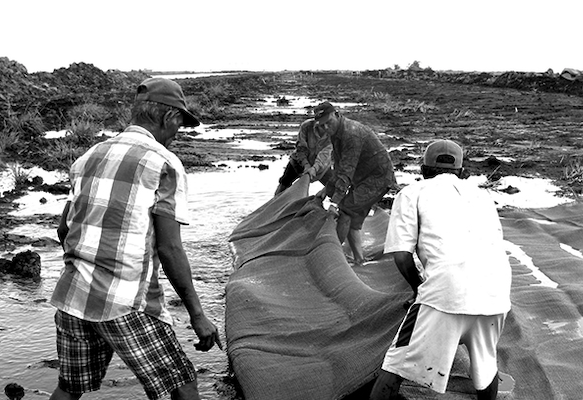
 Sarah E. Vaughn
Sarah E. Vaughn  Stephen Collier
Stephen Collier  Sugata Ray
Sugata Ray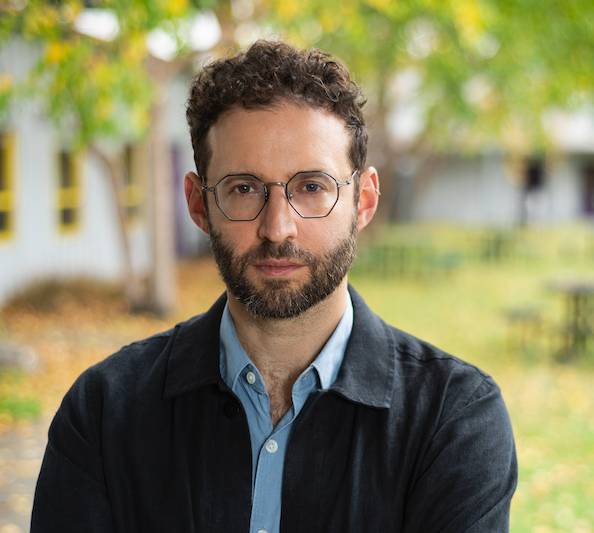 Daniel Aldana Cohen
Daniel Aldana Cohen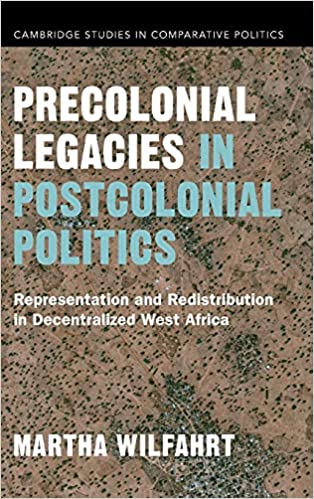
 Martha WIlfahrt
Martha WIlfahrt Scott Straus
Scott Straus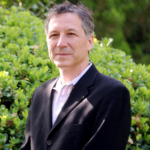 Alberto Díaz-Cayeros
Alberto Díaz-Cayeros